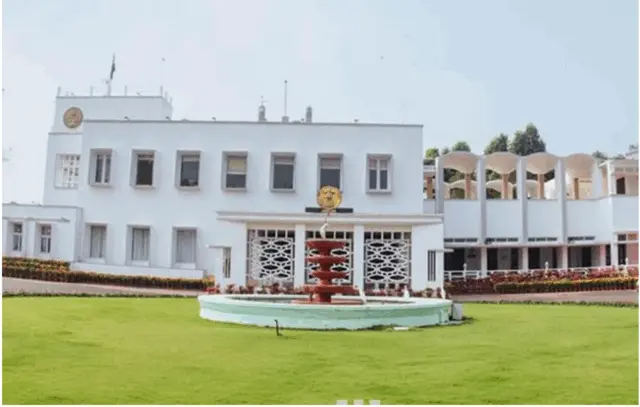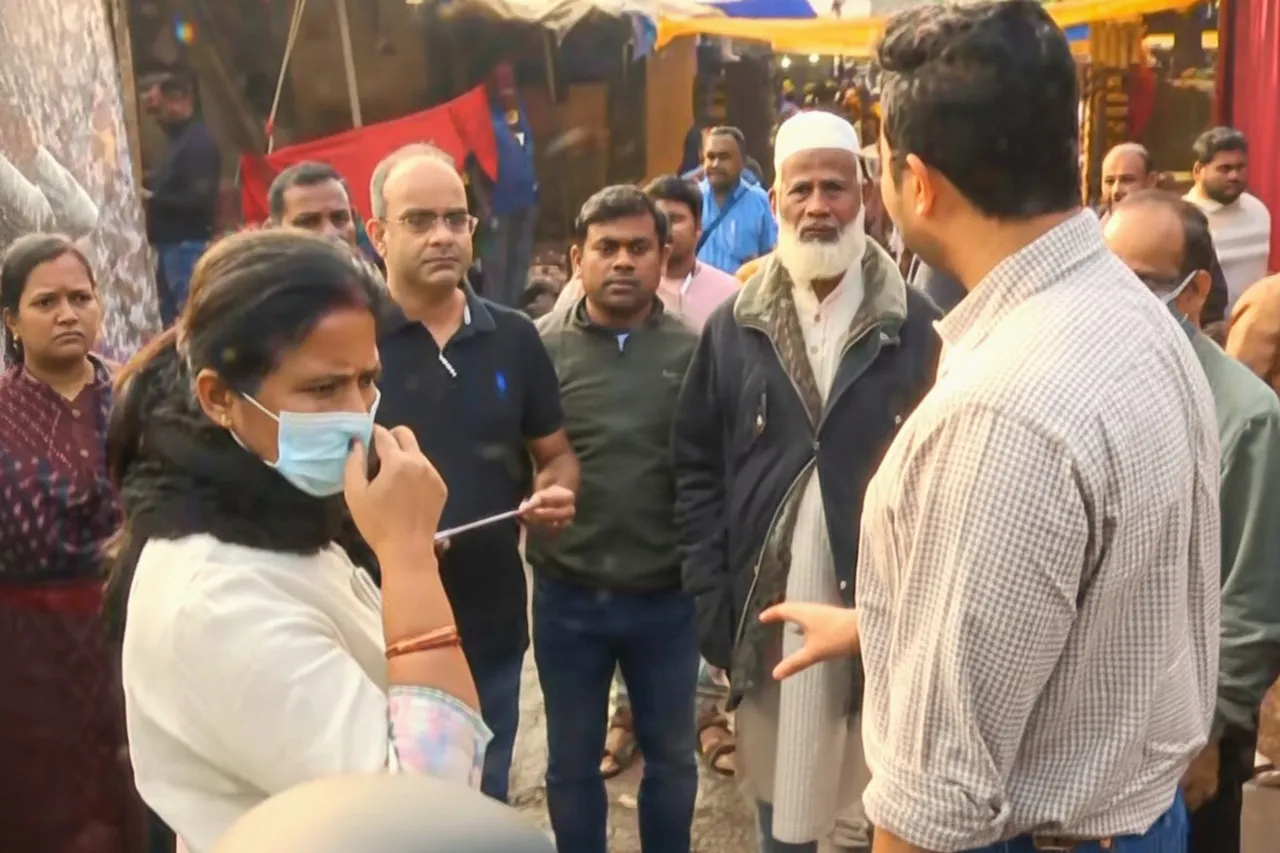An open letter has been written by 600 lawyers to Chief Justice Chandrachud, stating the vested interest that is played to take down the dignity of the judiciary. The letter also calls out the connotative allegations of bench fixing. The suggestion is that whoever hears the case determines the outcome of the case. This came up at the time when the Delhi chief minister had been arrested and India has said that it is both unacceptable and unwarranted.
To describe this letter as politicized, or it is conveyed to preserve the dignity of the institution of the courts. The sentiments that the letter depicts are not understandable, but putting this down in writing is questionable. By doing so it might set a fractured bat, a wrong impression about the judiciary system. The judiciary is well capable of looking after itself. There is no need to display it publicly though the principles are agreeable.
The letter speaks particularly about political cases, it can be speculated that it is a reference to the Kejriwal arrest. But the signatory parties of the letter state it is the matter relating to Kapil Sibal on the K. Kavita matter where he was insisting the Supreme Court judges to decision on the bail grant whereas it is on their part the matter to deal with. The judges were told that they wouldn’t be part of the golden era of law by the litigator itself. This comment made by Kapil Sibal was incorrect to be made in court but the bar is capable of sorting out the differences between themselves.
In the political cases, the pressure tactics are the most obvious. But when it is an open letter it is meant to be public even if it is referred to a constitutional authority like the CJI. The letter states what others are doing. The vested interest people are saying the court is biased and trying to defame the court. But going into the public domain and stating this issue would make it even worse.
The constitutional mandate of free speech in India has unfortunately not sunk with the culture of being accepted of free speech. If a criticism is made suddenly sympathy card is played out. This is not an attack on the 600 lawyers but on the CJI and the institution itself. The real message of this letter is the court has been catering to this for a long time and now it is no more the time to maintain a dignified silence. The highlight has been made here that 600 lawyers have signed this but there are 15 lakh registered lawyers who have not signed as well.
The letter becomes political the moment the prime minister backs it. It is said that some of the signatory lawyers are either with the BJP or close to the party, so this letter divides the law fraternity into groups of political and non-political associations. The lawyers who signed deny that saying they are not working for any political party. Whereas Kapil Sibal has the impression that the judges are appointed by him so they should listen to him.
The letter is directed at a few things happening in the last few weeks such as Kejriwal’s arrest, India’s warning to the US over unacceptable remarks on the arrest of Kejariwal, the arrest of two more ministers provoking an outrage because of these incidents, alongside the timing is relevant as well because of the election. The prime minister espousing the letter is something to be concerned about.
If somebody is applying for bail in the apex court and says based on Article 32 my fundamental rights are violated, the court will say kindly approach the right forum. The Kejariwal case is a politico-legal matter. Kejriwal wanted to play with it and make a political game. So it is not completely a legal matter. In every political case, the judges are pressured by the lawyers. This letter is more of a way to control the discourse of political cases. Such matters will be in courts as long as they can be and judges are supposed to deal with it with open shoulders. As far as international comments are concerned, it should not be bothering us as a country.
Chief Justice of India is the master of roaster regarding Supreme Court cases. The CJI can better decide What type of cases will be handed over to which judge as per their expertise and experience. When the CJI says not to be told what to or not do or speak, and preached about his constitutional credibility, he is being sought to be controlled. The ruling party has been making horrific images of the CBI on social media to mock him. Now suddenly the prime minister cannot tell the Supreme Court not to fall under pressure from those who are seeking political motivation.
Politicians come and go, and government come and go but the Court remain, and justice must remain. The processes of justice must remain unbiased, robust and unpredictable. It was not necessary to put the matter in the public domain and open a heated discussion or debate over it. The judiciary is capable of protecting itself, there is just a need for dialogue and discussion at the internal level.
OdishaAge_




